Prof Madhav Gadgil

The recent draft EIA 2020 notification intends to give the fullest license to industry to exploit the country’s natural resources and to pollute with impunity. This is obviously unacceptable. The notification is also an attempt to further sabotage democracy.
Apart from largely doing away with public hearing, the notification was published only in English and Hindi, two languages which are not accessible to the vast majority of the people outside the Hindi belt. It is these non-English and Hindi speaking people in the countryside and along rivers and sea coast that are going to be the real victims of rampant pollution, mining, quarrying, illegal construction, highways, railway lines, airports and sea-ports grabbing their lands.
OVERWHELMING RESPONSE
There has already been an overwhelming response to the notification from civil society with 17 lakh responses reaching the Union Ministry. At this stage they must have largely come from English speaking urban classes. If the message really reaches the people at the grassroots and they understand what is confronting them, not 17 lakh but 17 crore messages would surely reach the ministry.
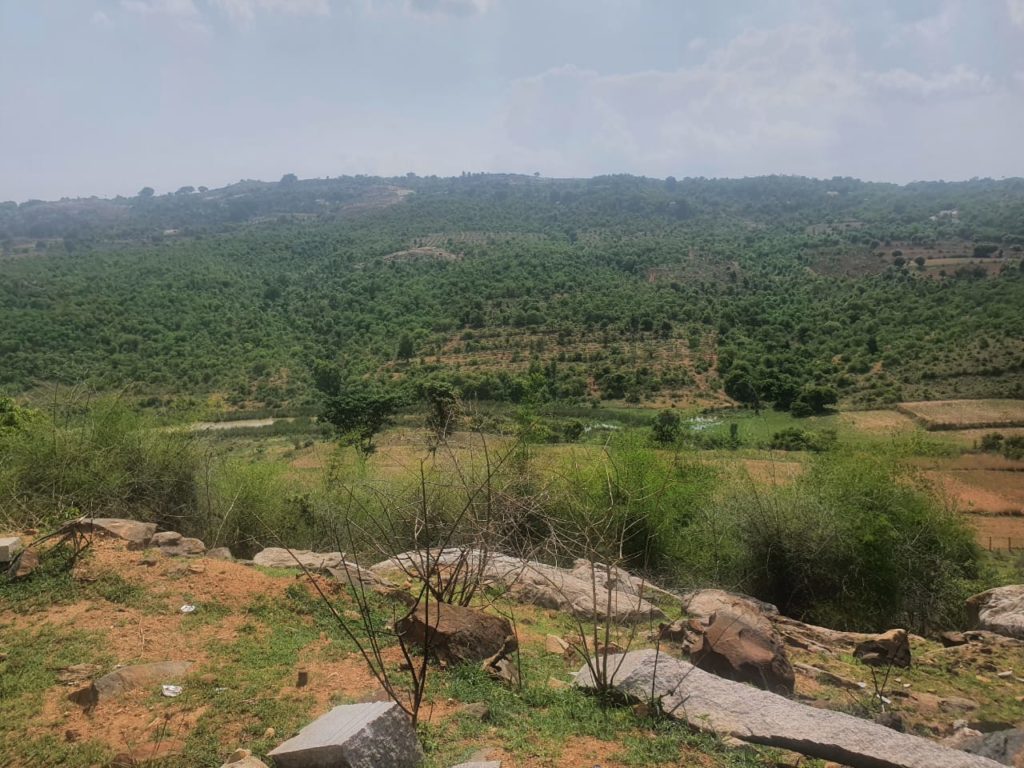
Responding to the difficulty of the people of its state, the Tamil Nadu government has decided to prepare a good Tamil translation and then circulate it to the people requesting them to respond within 50 days. My good friend Jayshree Venkatesan ([email protected] ) of Careearth, an environmental activist is on the official committee to oversee the preparation of this translation.
TO THE GRASSROOTS
She tells me that once the translation is ready and circulated to the entire Tamil speaking population, she will do her best to make them properly aware of the issues and get them to write to the ministry in Tamil which is their own language. I believe that this would be a wonderful expression of the power of information and social media.
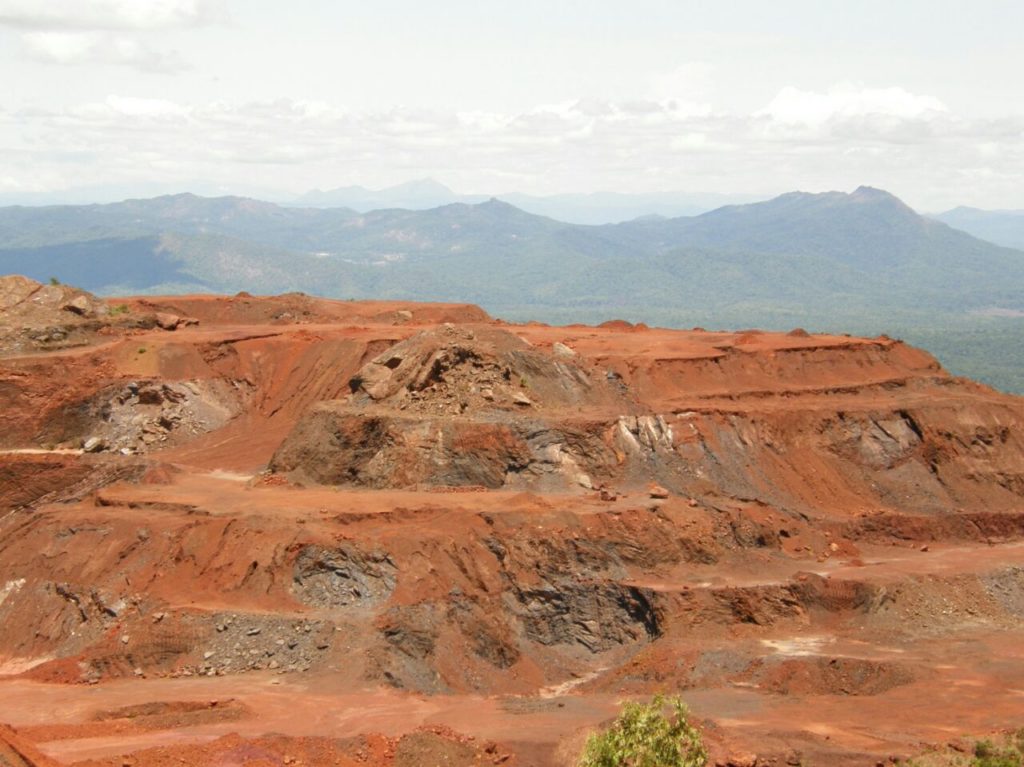
In Kerala, Advocate Harish Vasudevan ([email protected] ) is trying to prepare a decent Malayalam translation of the EIA notification on his own. Once it is available he and Advocate Vinod Payyada ([email protected] ) would be attempting to take the message to the people of the state at the grassroots and ensure that they appreciate what is confronting them and write to the Ministry in Malayalam.
In West Bengal, Dr Silanjan Bhattacharyya, Professor of Zoology at West Bengal State University ([email protected] ) is planning to initiate a similar attempt. One can hope that there would be similar initiatives from other states.
BECOMING HIGHLY UNCOMPETITIVE
Giving full license to industries and to urban centres to externalize the costs of all their activities provides perverse incentives to remain highly inefficient, not to develop and adopt advanced technologies and to remain highly uncompetitive. I have one very concrete example in mind: the paper mill at Balharsha in Chandrapur district of Maharashtra was given bamboo at highly subsidized prices by the government since it’s very inception.
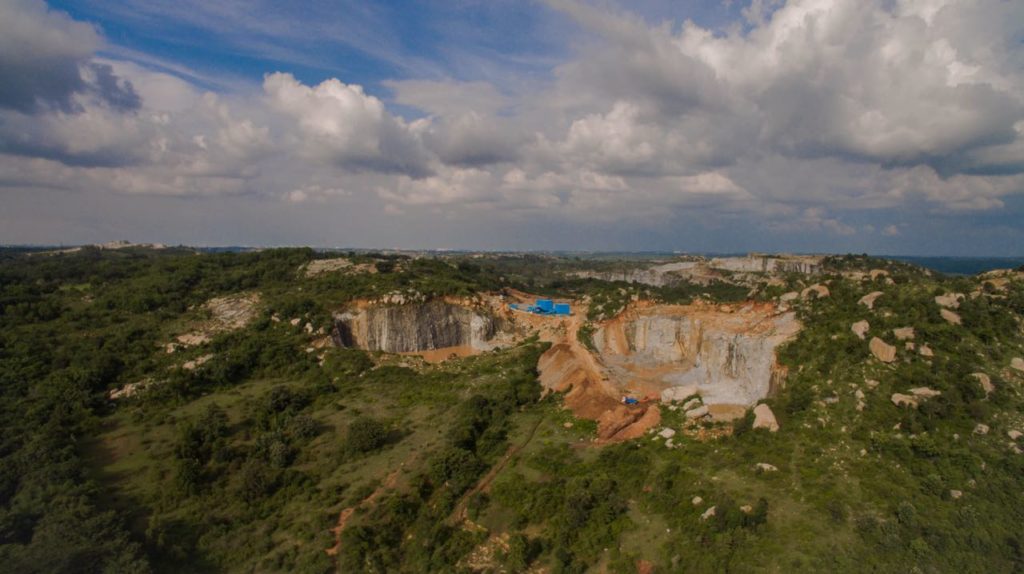
The bamboo is extracted from government-controlled reserve forests by contractors who pay very low wages to the local tribal harvesters. The paper mill imposes high levels of air and water pollution on the surroundings. The Wardha river in which its effluents are released is depleted of fish leading to great hardships for the fishing community and for the local people who are consumers of this cheap and very welcome source of protein.
In 2009, this mill imported new machinery to replace its worn-out older machinery, which was being sold literally as scrap in Europe by the paper industry which had discarded this outdated highly polluting technology. This machinery was installed at Balharsha which led to such terrible air pollution that there were very strong protests from the town’s population.
However, by threatening to close the mill and using the power of organised labour, they quelled any resistance. The pollution of Wardha river further increased but the totally unorganised fishing community and rural consumers of the fish could not raise any protest.
ZERO-EFFLUENT TECHNOLOGY
In 1996, I was on the Governing Board of the International Centre for Forest Research at Bogor in Indonesia. One of my fellow Board members was a senior technologist from Finland paper industry. He told me that in the early 1950’s Finland’s paper industry was using polluting machinery.
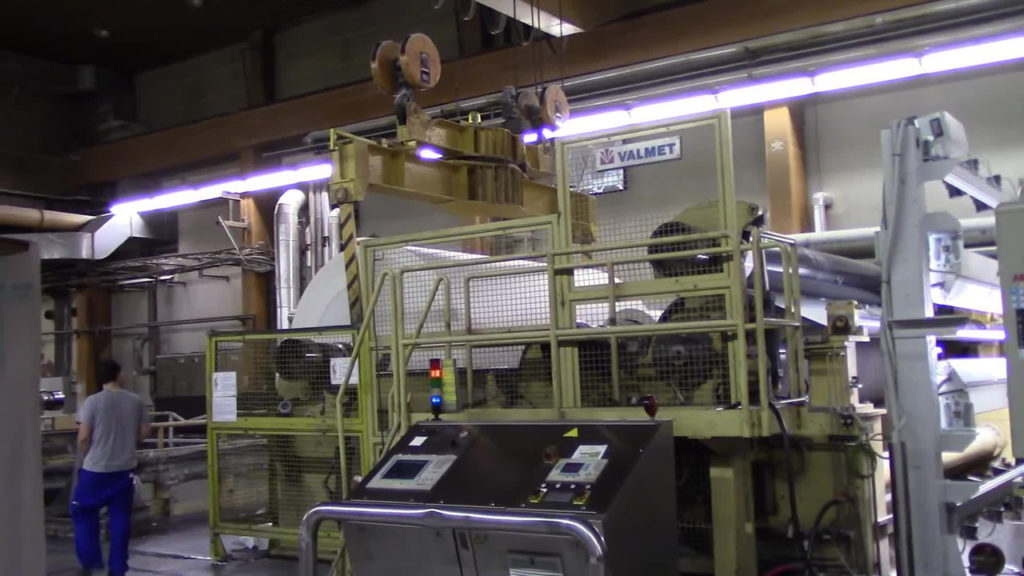
There were strong protests about pollution of the streams and the industry got down to serious R&D to develop zero effluent technology. Finland earns a great deal from paper production and export but he told me that the paper industry earns even more from selling this zero-effluent technology.
CONTINUING DEGRADATION
The current EIA notification which has raised such a storm of protest is a further step in the direction of strengthening perverse incentives such as Balharsha paper mill enjoys. This will make our industry even less competitive and it will continue to produce products at very high prices.
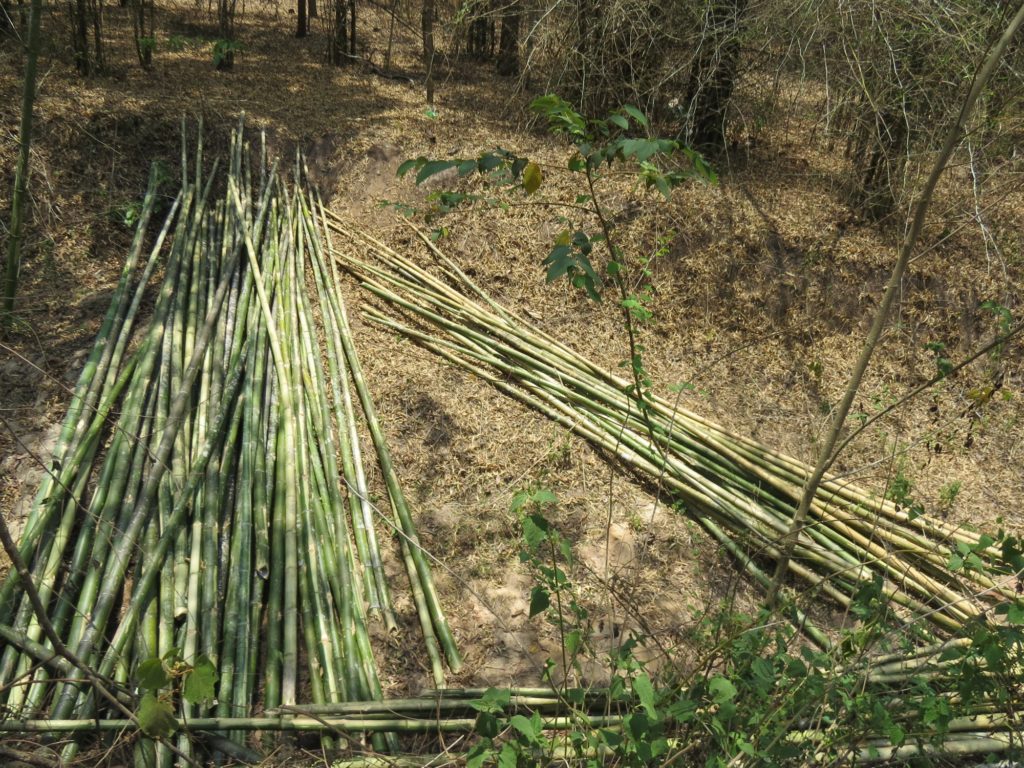
There is a recent example of this lack of competitiveness from a scientific Institute in Pune. A scientist has been accused of high levels of corruption because he purchased big sign boards for displaying current pollution levels and other weather parameters at very low rates from a Chinese company. He certified falsely the product was from an Indian company whose product was 5 times as expensive. He swallowed this four-fifth margin which amounted to several crores of rupees. We are moving more and more in a completely wrong direction.
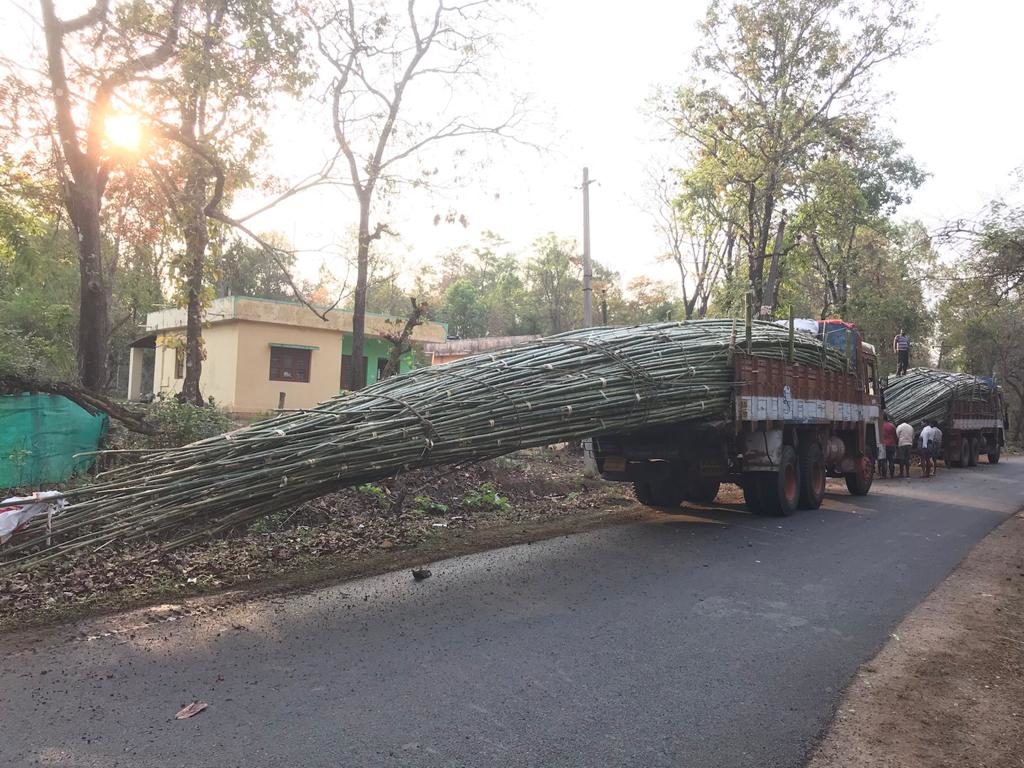
India has been witnessing for decades a rapid degradation of its environment, growing social discord and serious erosion of trust in the government. This is reflected in the depth to which India has sunk in the World Happiness Rankings. The 2020 data ranks 156 countries in order of decreasing happiness. At the top are Finland followed by other Scandinavian countries with their social democracies; these are also countries that have strived utmost to take good care of their environment. India ranks 141 in the world with Afghanistan at the bottom at 156.
(The author is a noted ecologist, writer and academician as also the founder, centre for ecological sciences, Indian Institute of Science. A former member of the Scientific Advisory Council to the prime minister, he headed the Western Ghats Ecology Expert Panel of 2010, popularly known as the Gadgil Commission).
